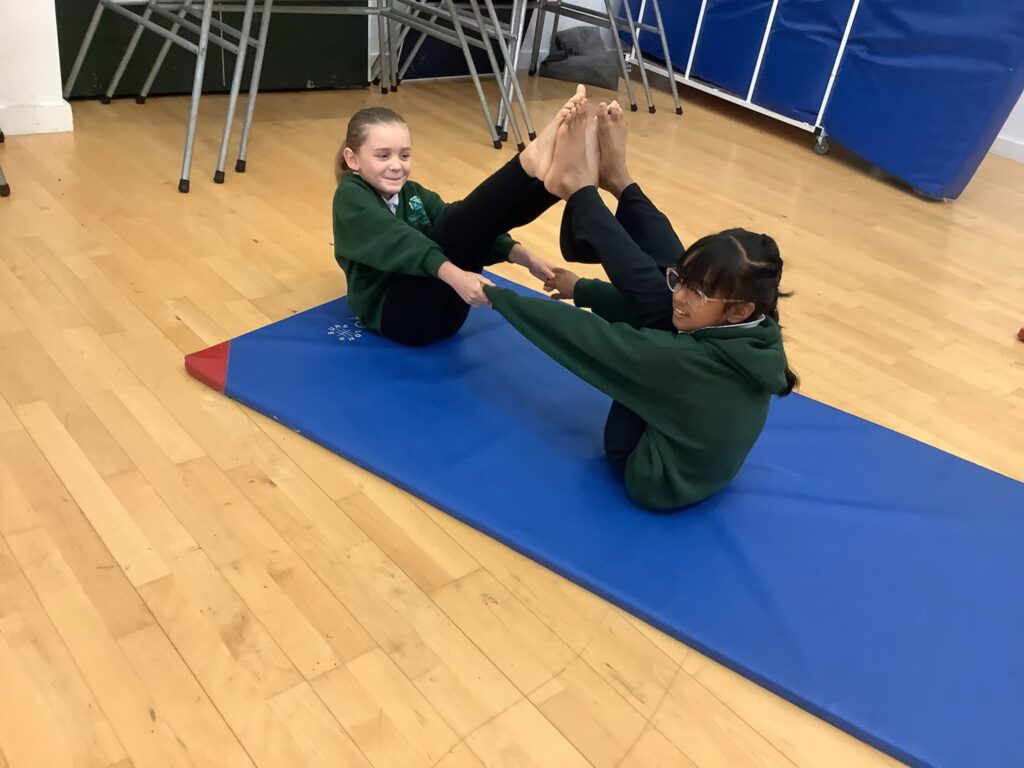
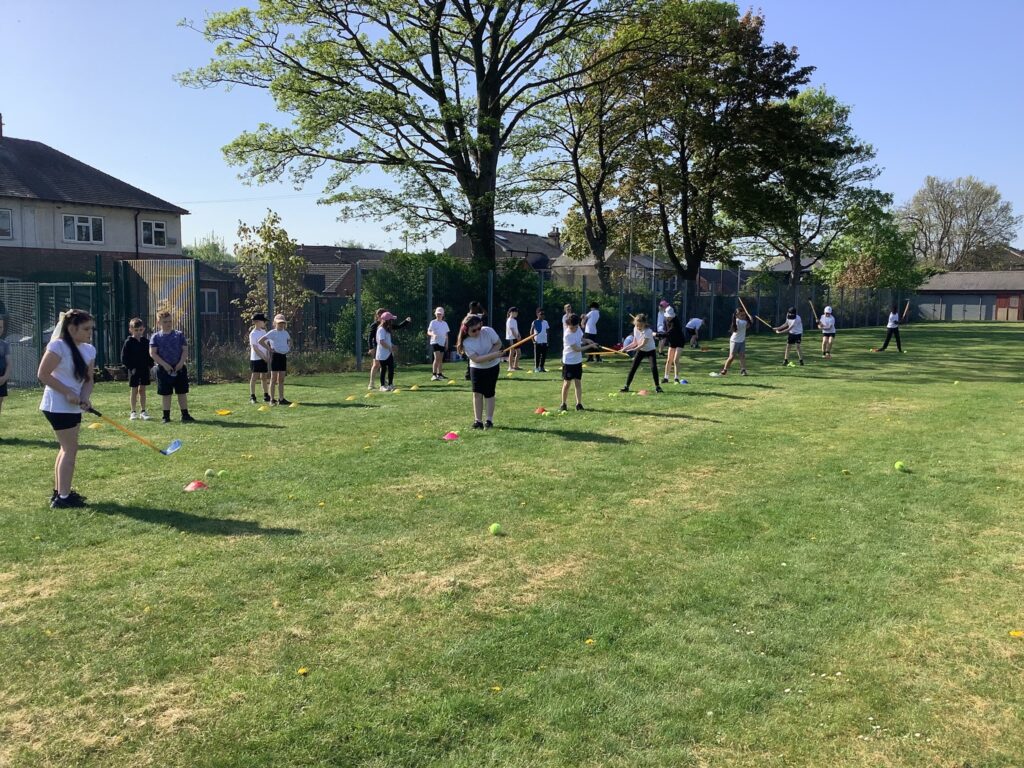
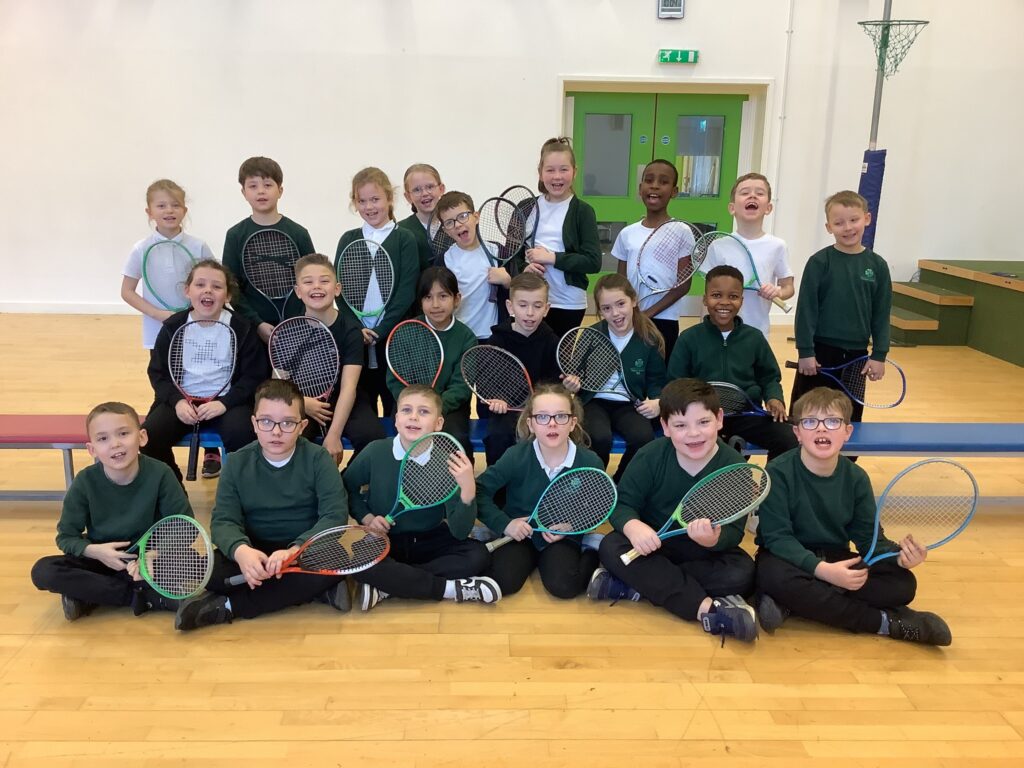
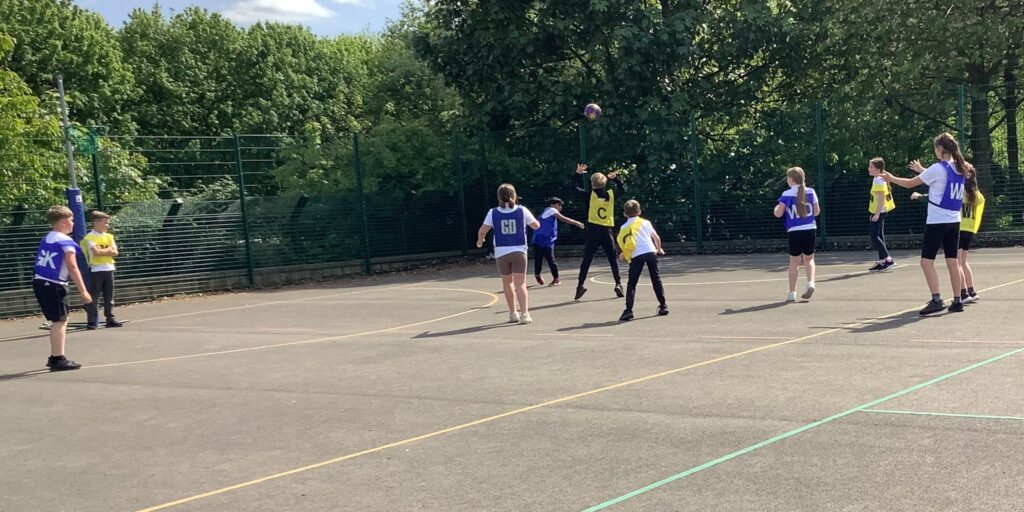
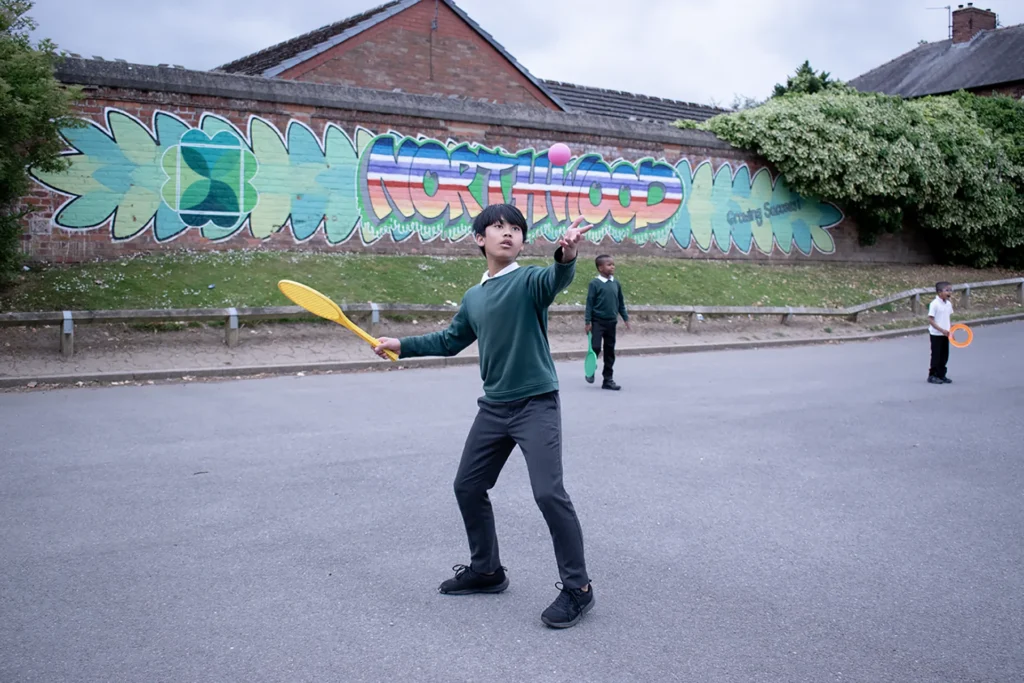
Physical Education
At Northwood, we are passionate about supporting children in developing their understanding of how to live healthy, active lifestyles.
In order to do this, we teach a well-rounded PE curriculum that helps pupils develop personally, and socially, whilst building knowledge and skills around the importance of remaining active. We believe that every child should feel confident taking part in physical activity and PE so endeavour to build fundamental skills whilst allowing children opportunities to experience a wide range of sports.
Our curriculum aims to ensure that pupils develop physical competence and confidence in a wide range of areas, contributing to the personal development, health and well-being and enjoyment of PE and school sports.



